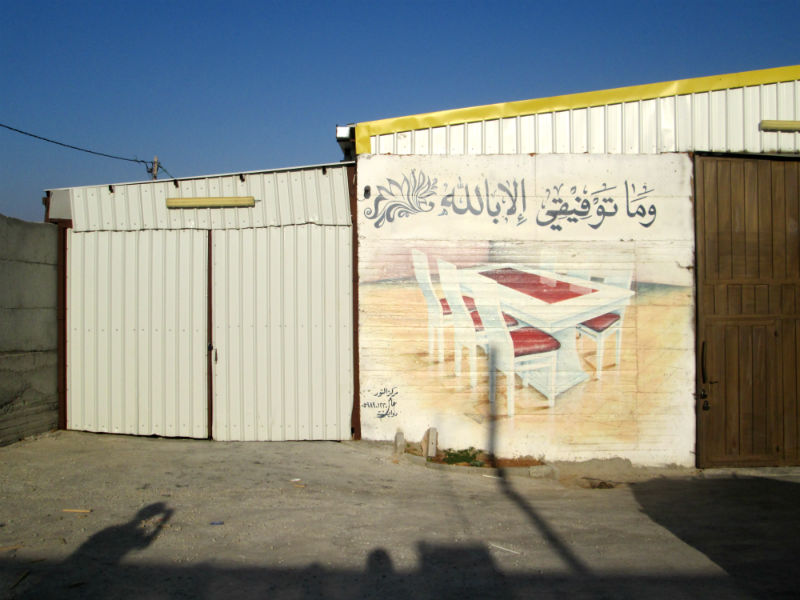Tag: House Demolition
-
Qusra demolition orders: “If they destroy this house, where will we go?”
7th July 2013 | International Solidarity Movement, Nablus Team | Qusra, Occupied Palestine On Wednesday July 3rd the Israeli army entered the village of Qusra, south east of Nablus, issuing eleven demolition orders on houses and buildings. At 9am two army jeeps arrived at the home of Seqer Musbah and presented him with demolition orders…
-
House demolitions leave four families unsheltered in Khirbet ‘Atuf
2nd July 2013 | International Solidarity Movement, Nablus Team | Khirbet ‘Atuf, Occupied Palestine On Thursday 27th June, beginning at 9 AM, Israeli military bulldozers demolished the homes and structures of four families in the village of Khirbet ‘Atuf, a shepherding village east of Tammun in Tubas Governorate. One man was taken to the hospital…
-
Army to Duma: “Stop building!” Duma to army: “We’ve built already”
24th June, 2013 | International Women’s Peace Service & International Solidarity Movement, Team Nablus | Duma, Occupied Palestine On Thursday 20th June, Israeli soldiers and border police handed out “stop building” orders to 11 buildings in the village of Duma, southeast of Nablus. The papers state that owners of the targeted buildings, which include family…


